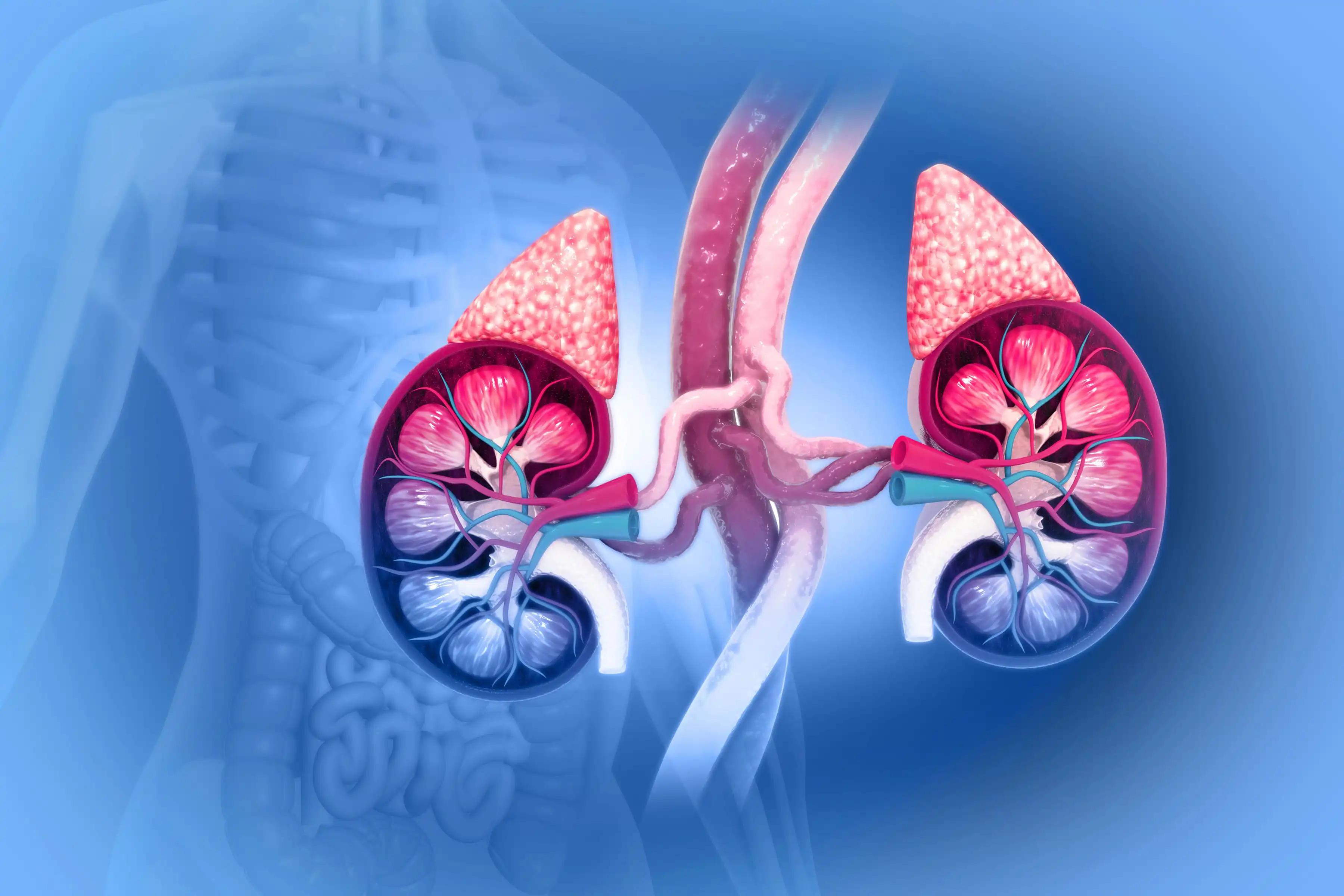KEY TAKEAWAYS
- The study aimed to aimed to evaluate the safety and efficacy of CD70-Targeting CTX130 in ccRCC.
- CTX130 exhibited promising antitumor activity and safety in solid tumors; CTX131 aims to enhance efficacy further.
Checkpoint inhibitors (CPIs) and tyrosine kinase inhibitors (TKIs) are key treatments for clear cell renal cell carcinoma (ccRCC). Despite initial efficacy, outcomes decline post-treatment progression.
Samer A. Srour and the team aimed to report on the lasting response and stability seen in a Phase 1 dose-escalation trial of CTX130™ in ccRCC patients.
Patients selected from sites across the United States, Europe, and Australia, met eligibility criteria, including advanced ccRCC and prior treatment with CPIs and TKIs. Following standard lymphodepletion with fludarabine and cyclophosphamide for three days (doses: 30 mg/m2 and 500 mg/m2), patients underwent CTX130 infusion.
Among the 16 patients enrolled and treated in the dose escalation phase, the median age was 63 (range, 53-77), with all patients at stage IV upon enrollment. Patients had undergone a median of 3 prior lines of therapy (range, 1-6). Doses ranging from 3×107 to 9×108 CAR T cells were administered, with no dose-limiting toxicities encountered. Cytokine release syndrome (CRS) occurred in 8 patients (50%), all events being grade 1 or 2.
Infections were observed in 4 patients (25%), all deemed unrelated to CTX130. No cases of hemophagocytic lymphohistiocytosis, graft-versus-host disease, or treatment-related neurotoxicity were observed.
As of October 9, 2023, one patient (6.3%) achieved a complete response (CR), extending over 36+ months, while 12 additional patients (75%) achieved stable disease (SD), with one patient exceeding 18 months. This reflects a disease control rate (CR/partial response/SD) of 81.3%. Immunohistochemical staining of baseline and archival tissues showed an initial median CD70 expression level of 100% (range, 1-100%), with no substantial antigenic loss in sequential biopsies at day 42.
Digital droplet PCR assays of the CAR construct revealed CTX130 detection within 20 minutes post-infusion, declining to a nadir 2-3 days later, followed by rapid expansion between days 7 and 15. Expansion generally increased at each dose level.
The latest findings from the COBALT-RCC study underscored CTX130’s promising antitumor effects and outstanding safety record. The enduring complete response, surpassing 3 years, marks a significant milestone as the longest observed with allogeneic CAR T cell therapy in challenging solid tumors.
Ongoing research into CTX131™, which builds upon CTX130 by leveraging CRISPR edits to boost effectiveness and durability, holds promise for further advancements.
The trial was sponsored by the OncoHost Ltd.
Source: https://www.abstractsonline.com/pp8/#!/20272/presentation/11420
Clinical Trial: https://clinicaltrials.gov/study/NCT04219475
Srour SA, Tran B, Haanen JB, et al. (2024) “CT002 – CTX130 allogeneic CRISPR-Cas9-engineered chimeric antigen receptor (CAR) T cells in patients with advanced clear cell renal cell carcinoma: Long-term follow-up and translational data from the phase 1 COBALT-RCC study.” Presented at AACR Annual Meeting 2024.



